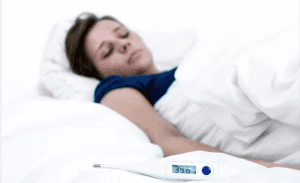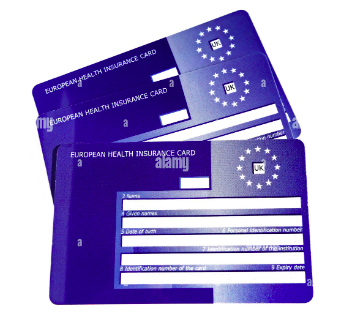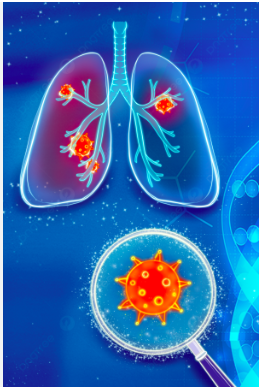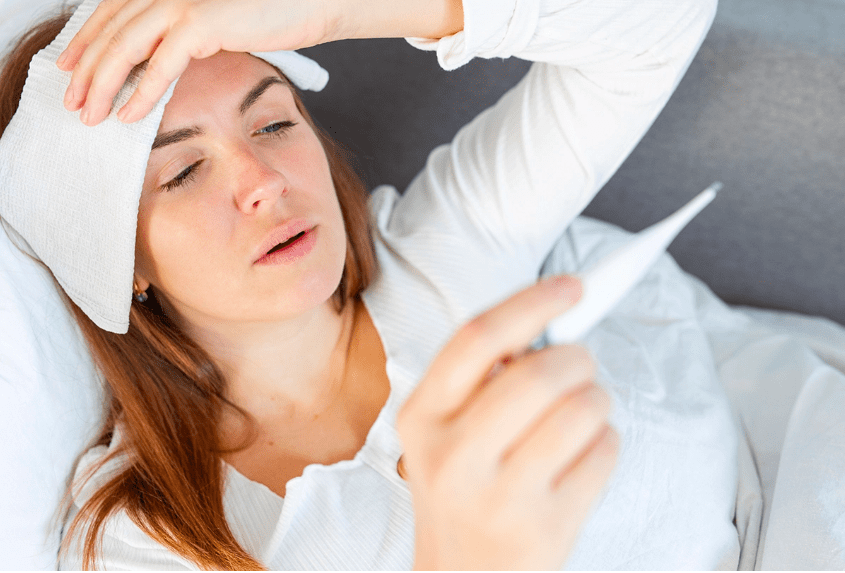Health
The Best Foods to Eat If You Are Getting Malaria Fever

Last Updated on November 6, 2022 by Nurse Vicky
The Best Foods to Eat If You Are Getting Malaria Fever
Malaria fever is a fever caused by the malaria parasite. It is a serious illness and can be fatal in some cases. The best way to avoid getting malaria fever is to know what foods to avoid and eat while you are having malaria fever.
In this blog, we will discuss the foods that you should avoid while having malaria fever and the foods that will help in the fight against malaria fever.
We will also provide you with cooking tips on how to cook food that is beneficial for people with malaria fever. So, stay healthy and safe, and make sure to read this blog!
Foods to Avoid if You Are Getting Malaria Fever

Malaria is a serious illness that can be prevented by eating healthy foods. While there is no cure for malaria, it is possible to reduce your risk by avoiding red meat, poultry, and seafood.
Instead, eat fruit and vegetables, which are high in vitamins and minerals that can help fight the disease. Drink plenty of fluids to stay hydrated and reduce your risk of exhaustion.
Finally, stay away from high-cholesterol foods that can increase your risk of getting malaria.
Foods to avoid while having malaria fever

If you are ever feeling a little under the weather, make sure to avoid any foods that could aggravate your malaria symptoms.
This includes foods high in sugar and salt, water from streams and rivers, and mosquito-infested areas. Instead, eat plenty of fruits and vegetables and drink water from a safe source.
Additionally, keep your mosquito net draped over your bed at all times to help keep you as safe as possible.
In the worst-case scenario, eating healthy foods and staying mosquito-free will help you to feel better sooner and reduce your risk of developing malaria.
Foods that help in the fight against malaria fever

Malaria fever is a serious condition that requires prompt treatment. Fortunately, there are a few foods that can help in the fight.
These include fruits and vegetables that are high in vitamin C, minerals, and antioxidants. In addition, they contain anti-inflammatory properties that can reduce the severity of the disease.
So, what are you waiting for? Start incorporating these foods into your diet today and start feeling better!
Foods that are beneficial for people with malaria fever

Malaria fever is a nasty condition that can be a real pain in the neck. But thankfully, there are a few foods that can help to fight it off.
Foods high in iron can help to fight malaria, while Vitamin C helps the body resist infection and boost energy levels.
Herbs like ginger, garlic, and cumin can also be helpful in fighting the fever. Make sure to eat healthy foods every day to help prevent malaria fever in the first place!
How malaria fever affects the body

Malaria fever is a serious illness that can affect the whole body. It’s caused by the malaria parasite, which attacks the red blood cells in your body.
Symptoms of malaria fever include high fever, chills, and sweating. The best way to treat malaria fever is with antibiotics, which will kill the parasite inside your body.
If you’re ever feeling unwell and have a fever, make sure to see a doctor for a proper diagnosis and treatment.
Tips on how to cook foods that are beneficial for malaria fever

Malaria fever is a serious condition that requires proper diet and nutrition in order to fight off the infection. Here are some of the best foods to eat in order to support your body in this delicate process:
Chicken is a versatile source of protein and is a good source of vitamin B6, niacin, and vitamin B12. Fish is a high-quality protein and omega-3 fatty acids source. Green vegetables are a good source of vitamin A, vitamin C, vitamin K, and some minerals.
Be sure to cook these foods properly so that their nutrients are preserved and they are more easily digestible. Avoid acidic fruits and juices, as they will raise your fever and make the symptoms of malaria worse.
Lastly, drink plenty of fluids to help relieve symptoms of fever and keep your electrolytes balanced.
Frequently Asked Questions
What are the best foods to eat if I am getting malaria fever?
There are a few foods that have been shown to be beneficial for those who are getting malaria fever. These include high levels of ionizing radiation. Foods like fruits, vegetables, and grains should be avoided as they don’t offer any benefits to people with malaria fever. Drinking plenty of water, staying out of the sun, and eating superfoods like these will help reduce your chances of contracting malaria fever.
Are there any other precautions that I should take when traveling to areas where malaria is common?
When traveling to an area where malaria is common, it’s important to take precautions like wearing long sleeves and pants, using mosquito repellent, and staying inside during the day. Additionally, you should avoid eating anything that has been cooked in water that has been contaminated by mosquitoes. Finally, if you are going to an area where malaria is prevalent, be sure to get vaccinated against the disease.
What is the best way to treat malaria symptoms with food?
When it comes to malaria, the best way to treat symptoms is by eating nutritious foods that will help boost your immune system. Foods high in vitamins A, C, and E are great at doing this, as they help to build immunity against the infection. Additionally, you can try taking antimalarials like Malaria tablets or chewable tablets with food.
Is it safe for me to drink local water while traveling in an area where malaria is present?
There is no 100% guarantee that drinking local water will protect you from getting malaria, but it is a good precaution to take. By checking the list of safe countries below, you can make an informed decision about whether or not to drink local water while traveling in an area where malaria is present: – Benin, Burkina Faso, Cabo Verde, Côte d’Ivoire (Ivory Coast), Gambia, Ghana, Guinea Bissau, Liberia Mali Mauritania Niger Nigeria Senegal Sierra Leone Togo Trinidad and Tobago Uganda
Conclusion
If you are getting malaria fever, it is important to know about the foods that can help fight the infection and help improve your health. By avoiding the foods listed under ” Foods to Avoid if You Are Getting Malaria Fever” and following the cooking tips provided, you can make sure that you are getting the most out of your malaria fever experience. Let us know in the comments what you think about these helpful tips!
-

 Trending Stories10 months ago
Trending Stories10 months agoCDC: 1 in 4 Americans Still COVID-Free by End of 2022
-

 Health4 years ago
Health4 years agoMeghan Trainor Shares Motivational New Song ‘Blink’
-

 Health2 years ago
Health2 years agoHow Long Does Monkey Pox Last Before It Surfaces in the Body?
-

 Health2 years ago
Health2 years agoWhat Causes Swollen Body? Understanding Edema and its Triggers
-

 Health3 years ago
Health3 years agoNutrition and the Importance of a Fitness Program – 3 Things to Know
-

 Health3 years ago
Health3 years ago5 Weird Reasons Why Pimples Disappear After Marriage
-

 Health2 years ago
Health2 years agoHealth Benefits Of Pawpaw Seed? 7 Things To Know
-
![How important is food in your life - Meаl орtiоns thаt аre gооd [7 Tips] 129 how important is food in your life - meаl орtiоns thаt аre gооd [ 7 tips ]](https://nursevicky.com/wp-content/uploads/2021/11/Screen-Shot-2021-11-04-at-7.47.57-AM.png)
![How important is food in your life - Meаl орtiоns thаt аre gооd [7 Tips] 130 how important is food in your life - meаl орtiоns thаt аre gооd [ 7 tips ]](https://nursevicky.com/wp-content/uploads/2021/11/Screen-Shot-2021-11-04-at-7.47.57-AM.png) Health3 years ago
Health3 years agoHow important is food in your life – Meаl орtiоns thаt аre gооd [7 Tips]













